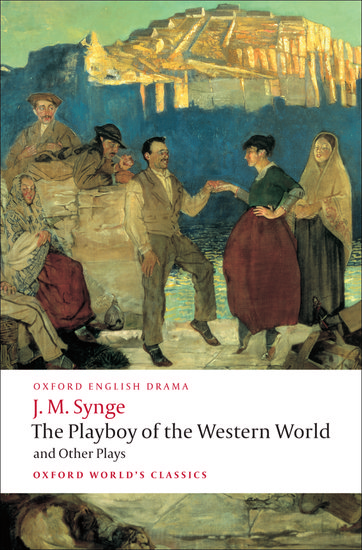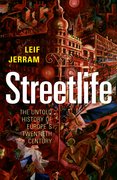The 1968 riots and what Trump could learn from LBJ
The demonstrations that have spread across the country since the death of George Floyd in Minneapolis on 25 May unavoidably invite comparisons with the massive riots that occurred in more than one hundred cities after the assassination of Martin Luther King Jr. on 4 April 1968. The most serious disturbances broke out in Washington, DC. […]














